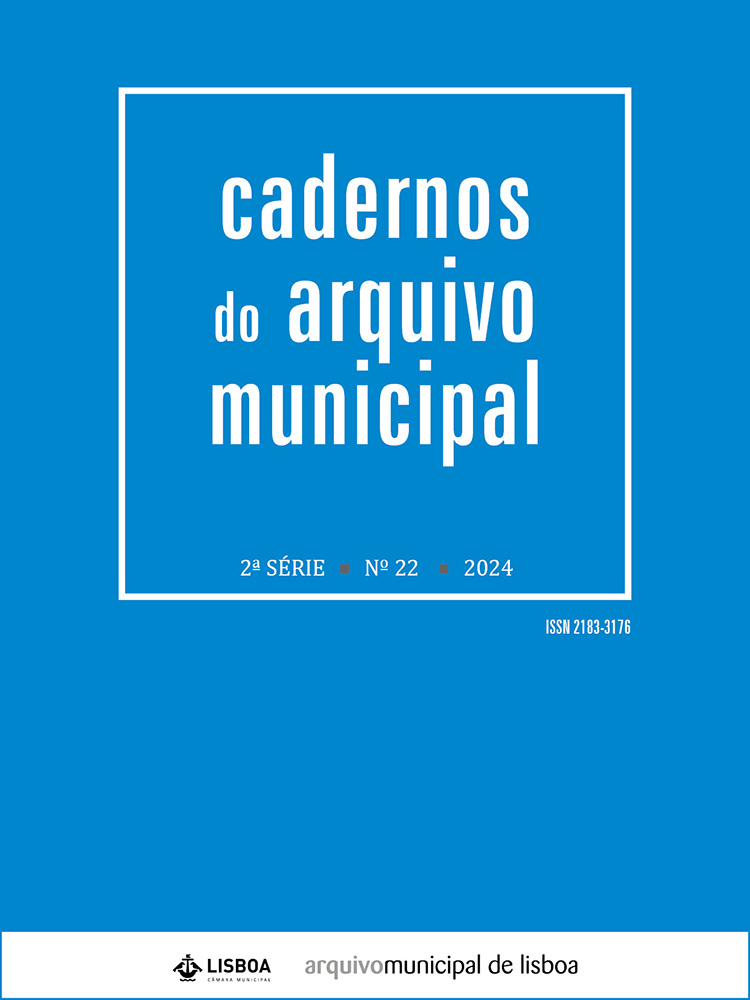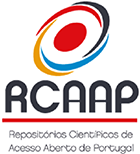Foreigners, crime and police repression in Portugal at the beginning of the Estado Novo (1933-1939)
DOI:
https://doi.org/10.48751/CAM-2024-22377Keywords:
Foreigners, Crime, Police repression, Estado Novo, Interwar periodAbstract
The interwar years were a period in which the debate on forms of illegal activity intensified, which transcended country borders due to the growth of political threats associated with communism and anarchism, and the development of new common criminal practices related to human trafficking, drug trafficking and counterfeiting of money, also witnessing an increase in the transnational movement of people. Among these individuals were political suspects and common criminals, who passed through Portugal, some of whom with the intention of reaching the American continent. Based on Portuguese police and diplomatic sources, this article addresses the police repression carried out by Salazar’s regime against the presence of foreign citizens in Portugal, focusing on the surveillance and control exercised by the political police over political suspects and criminals of other nationalities in its early years.
Downloads
Downloads
Published
How to Cite
Issue
Section
License
Copyright (c) 2024 Fábio Faria

This work is licensed under a Creative Commons Attribution-NonCommercial 4.0 International License.
The authors retain copyright and grant the journal the right of first publication, with the work simultaneously licensed under the Creative Commons Attribution License CC BY-NC 4.0 which allows sharing and adapting the text as long as its authorship is correctly attribbuted with recognition of the initial publication in this journal.









